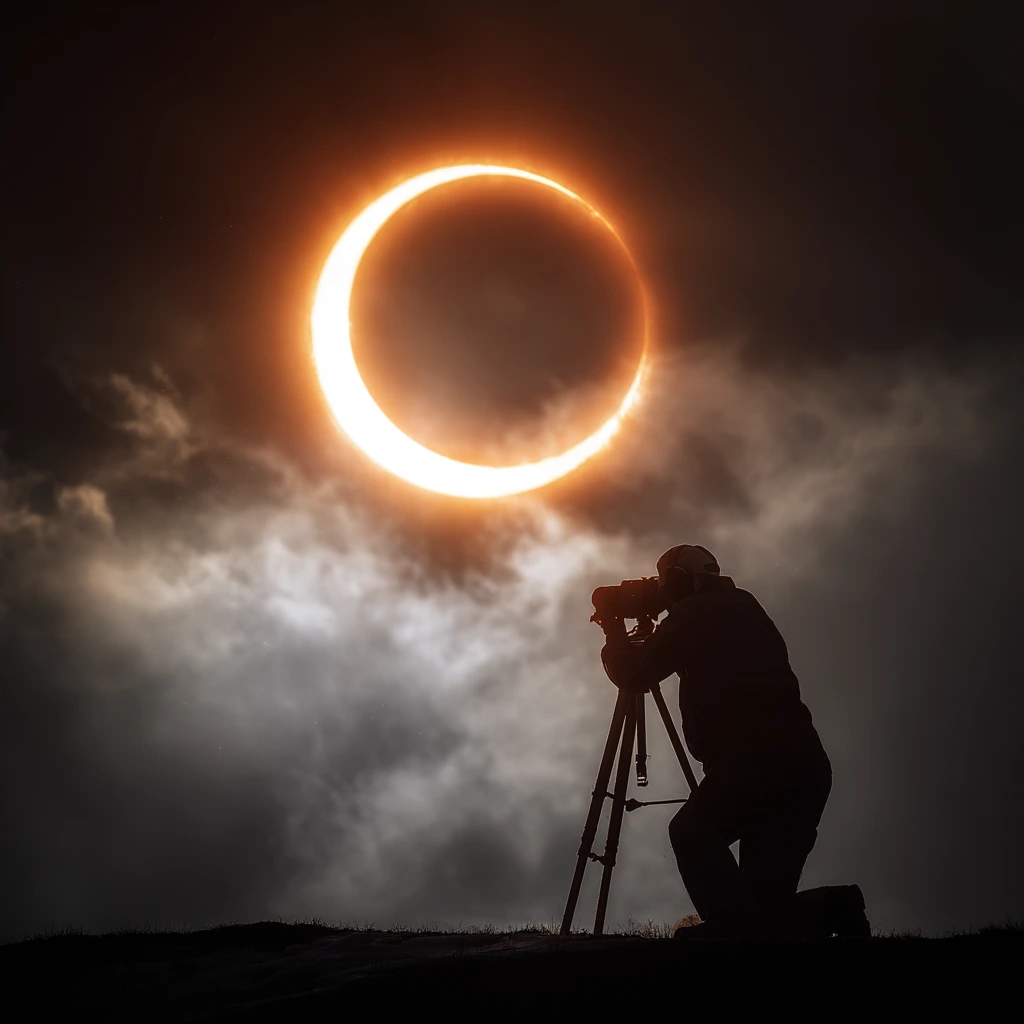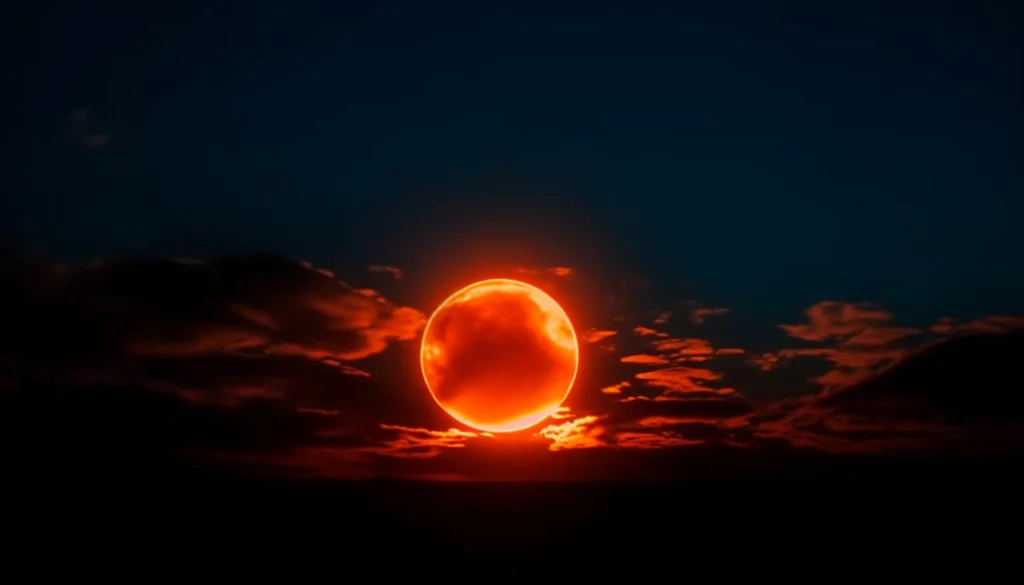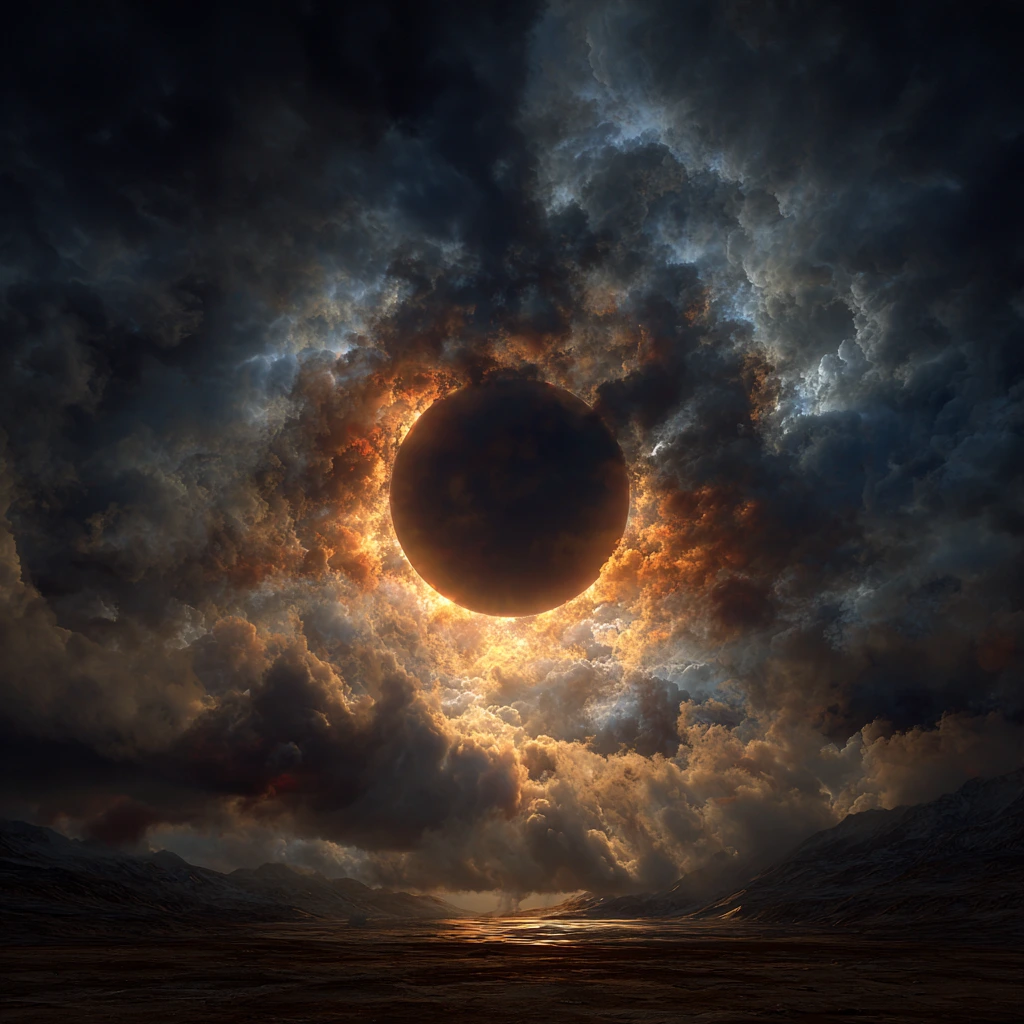The sky has always captured our imagination, and solar eclipses are among the most awe-inspiring events nature offers. So, when social media and news feeds start claiming a total solar eclipse is happening today—one so powerful it could plunge the Earth into darkness—people naturally take notice. Questions begin to swirl: Is this real? Should I step outside and look up? Is this dangerous?
If you’ve heard about a solar eclipse today, you’re not alone. But before grabbing eclipse glasses or bracing for a midday blackout, let’s separate fact from fiction. This article dives deep into the eclipse claims, clears the confusion, and gives you the full picture on what the sky is really up to today—and what stunning events are still to come.

The Internet Says “Yes.” But What’s the Truth?
This morning, your newsfeed might have greeted you with bold headlines like “Historic Eclipse Today!” or “World to Go Dark for 6 Minutes!” accompanied by dramatic graphics showing the moon blotting out the sun. These viral posts tend to go unchecked and spread rapidly, building momentum with each click and share. But what do they really point to?
The truth is, there is no solar eclipse occurring today. None. The skies above are going about their usual business. So why the global panic, and how did we get here? It often starts with well-meaning content creators or attention-seeking platforms conflating actual upcoming events with today’s date—or misinterpreting astronomical forecasts entirely.

When Eclipses Actually Happen in 2025
Although today’s sky isn’t hosting an eclipse, 2025 does have notable solar events—just not today.
Earlier this year, on March 29, parts of the northern hemisphere were treated to a partial solar eclipse. It was subtle, visible mostly in higher latitudes, and didn’t make worldwide headlines. Later in the year, around September 21, another partial eclipse will occur, though it will only be visible in remote southern regions—primarily parts of Antarctica and the South Pacific.
These eclipses, while scientifically significant, don’t affect daily life for most of the global population. They’re modest in scale and limited in visibility. That’s a far cry from today’s hyped-up stories suggesting global darkness or a once-in-a-century event.
Where the Confusion Comes From
So why are so many people convinced a total solar eclipse is happening today?
Most of the confusion stems from a simple error: mixing up August 2, 2025 with August 2, 2027. That date—two years from now—is when the real blockbuster solar eclipse is set to occur. The 2027 eclipse is anticipated to be one of the longest and most spectacular of the century, with a path of totality stretching over parts of Spain, North Africa, and the Middle East. Some areas are expected to experience total darkness for over six minutes, a duration not seen in decades.
Unfortunately, once this information entered the online echo chamber, dates got muddled. Blogs and posts meant to excite people about 2027 were misquoted or misread as referring to 2025. Before long, memes and viral videos turned a future event into a present-day sensation.

What You Can Actually Look Forward To
While there may not be a celestial spectacle today, the good news is that skywatchers and stargazers still have plenty to be excited about in the coming years. Here’s a brief tour of what’s ahead:
- September 2025: A partial solar eclipse (best viewed from the southernmost parts of Earth). Limited, but still worth noting for serious astronomy fans.
- August 2026: A total solar eclipse over parts of the Arctic, Greenland, Iceland, and northern Europe.
- August 2, 2027: The “Eclipse of the Century.” This total eclipse will cross over highly populated and historic regions—Spain, Egypt, and Saudi Arabia among them. Skywatchers in certain areas will enjoy a prolonged, breathtaking view of totality. This is the event everyone’s buzzing about—just two years too early.
So rather than feeling disappointed, think of this as your early invitation to the universe’s main event. Mark your calendars. Plan a trip. Read up on eclipse safety. Because when that day does arrive, you’ll want to be prepared.

Conclusion
Let’s recap: No solar eclipse is happening today. The trending headlines and viral claims are based on confusion, not science. While solar eclipses do inspire wonder and excitement, today is simply not the day for one. The sky is staying bright, the sun is unobstructed, and the only darkness we’ll see is from the cloud of online misinformation.
But don’t let the lack of an eclipse today dull your enthusiasm. The cosmos is full of marvels, and one of the greatest is still to come. The 2027 total solar eclipse is the real showstopper—and it’s well worth the wait.
Table of Contents
Ghislaine Maxwell: Latest Updates on the Epstein Scandal – trendsfocus
Total solar eclipse on Aug. 2, 2027 will be special. Here’s why.